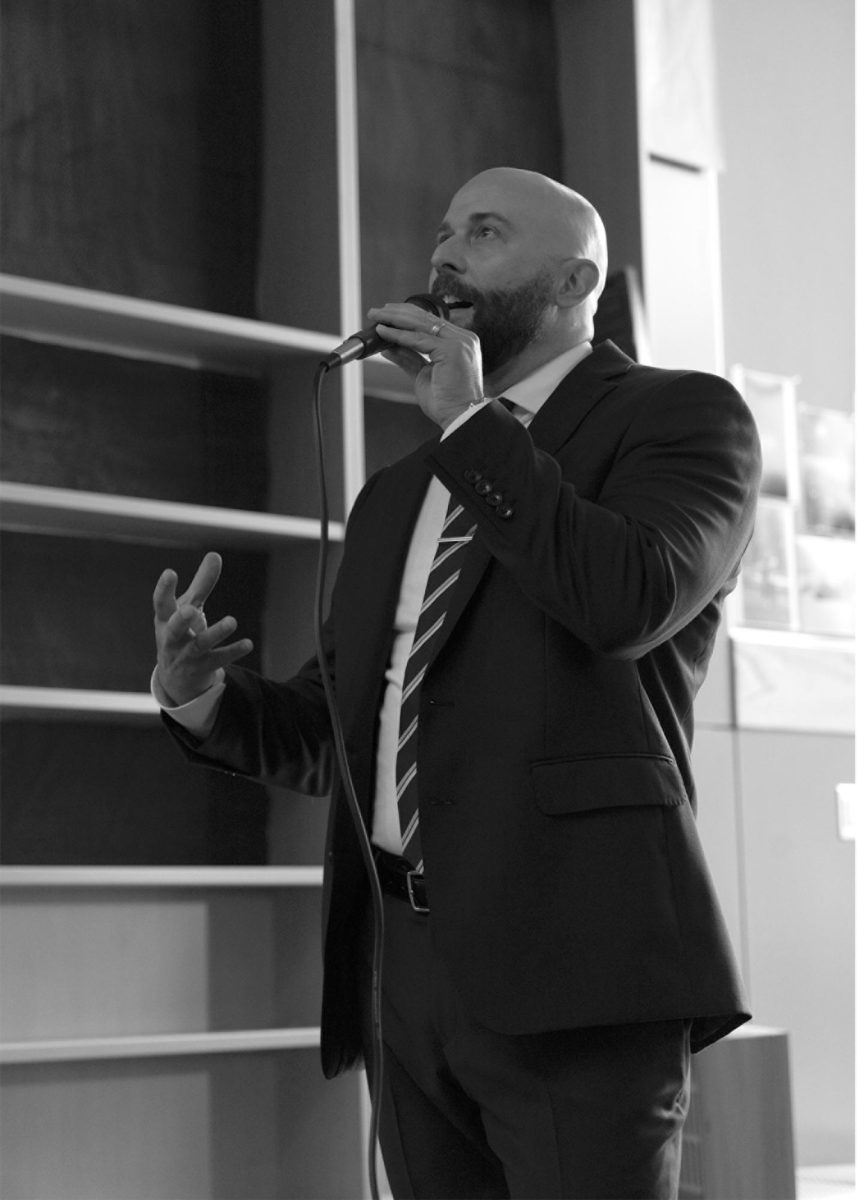Originally Published in the November 26th Print Publication
We live in a digital world — a world transformed by technology and new ideas about communication and interaction. As a result, students have grown accustomed to mobile device access at schools and at homes, along with the Internet, email, digital communication and collaboration tools, and online learning environments.
As of the 2024-2025 school year, the Northshore School District currently lacks a comprehensive in school mobile device policy. However, changes are anticipated to be implemented in the second semester, with each school maintaining a set of district-wide standards and regulations.
Mobile devices are a concern for the nation as a whole. Numerous states have banned cell phones, and many schools in King County have already implemented bell-to-bell cell phone bans. Northshore currently lacks a comprehensive cell phone policy, and the committee is considering consistency across all schools.
“There are some kids who are averaging seven, eight hours a day. That’s like spending a whole school day just on your phone. That’s not normal. That’s not okay. And what a lot of the data talks about, too, is just the change in being a kid,” Dr. Eric McDowell, principal of North Creek High School, said.
The NSD mobile device task force is composed of parents, students, and staff members who have had several meetings to analyze various data sets and correlation studies. Currently, a district-wide survey is in progress, gathering approximately 1,000 responses, to ensure a comprehensive representation of opinions. The committee expresses concern regarding the shift in social behavior, noting that children are increasingly engaging with devices at the expense of face-to-face interactions. Additionally, the committee is looking at ways to help kids develop social skills and reduce reliance on devices.
“[Limiting them] does have some benefits, and I feel like we’ve seen a lot of growth where we are now, but a total ban would create a lot of issues. I feel like banning phones isn’t really helpful,” senior Emma Gochenour said.
“I’m actually a WANIC student, so I feel like it doesn’t have an impact on me, but either way, I don’t think it’s fair for students because they should be responsible for themselves. High schoolers should be treated as adults in preparing for college,” senior Shravya Kotha said.
In addressing the implications of mobile devices on adolescents, the task force references the number one bestselling book, The Anxious Generation, which has dominated the New York Times Best Seller list for the past year. The book underscores the rising levels of anxiety, depression, and loneliness among teenagers due to mobile devices.
The committee expressed concerns regarding the impact of social media algorithms, which are designed to enhance feelings of distress and anxiety among users. They reference a book titled The Revolt of the Public by Martin Gurri, which explores the role of these algorithms in contributing to widespread anger and anxiety. In response, the committee is exploring potential ways to educate students about the reliability of information they find online. Their approach could include efforts to mitigate screen time and encourage healthier social interactions, highlighting the significance of in-person communication, and the necessity of reducing dependence on electronic devices.
“If we can help kids learn how to break away, if we can help kids find that value in face to face conversation, like at nutrition break or at lunch, instead of everybody being sitting near one another, but then everybody’s heads down and they’re all, you know, that’s not normal social development,” said Dr. McDowell.
Details regarding these policies have yet to be disclosed to the public; however, during the winter break, Superintendent Michael Tolley is expected to present a proposal to the NSD district board, with plans for implementation in the upcoming second semester.












